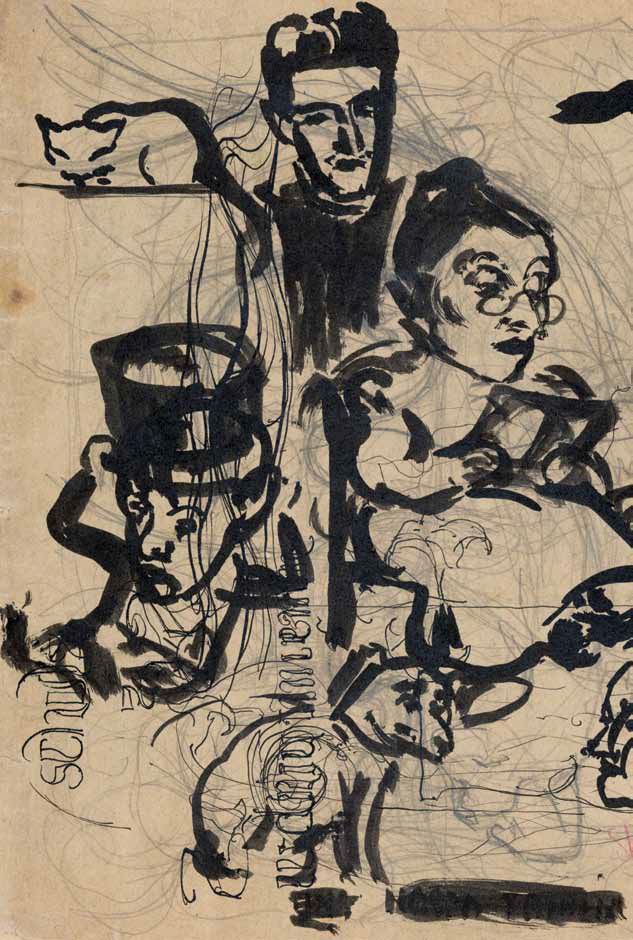Schulz – pisarz jako filozof
Abstrakt
Bruno Schulz has been one of the most important Polish philosophers. It is not because one can find in his works many traces of reading philosophy or that they convey any specific philosophical ideas, but because the form of his world is one of the most interesting world forms found in Polish in the 20th century. What is the meaning of this form? Our life tends to assume fixed shapes whose durability denies it since there is a radical assymetry between the matter of life and the forms it adopts. We need these forms to deny formless chaos but we should not accept them as ultimate. Our nature knows no peace but adopts many disguises and roles to find the best possible shelter, which never ends with success. Human life is permanently incomplete because it always shows us its “eternal otherness.” Never will we realize our potential in full, which does not mean that we should limit ourselves in advance. On the contrary – the more options we have, the better our life is. If reality is a sum of realized potentialities, the more of them become real, the more meaning reality will acquire. And the more meaning it has, the more effort must be put in its interpretation. Thus human existence can be defined as interpreting. Interpretation adds more possibilities to being since it is not a way of knowing the world, but that of being in it.

 Uniwersyteckie Czasopisma Naukowe
Uniwersyteckie Czasopisma Naukowe





